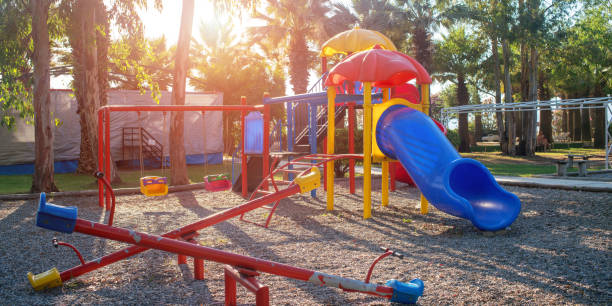A trust fund is a way to save money for your children’s long-term future. Acumen walks you through all the child bare options and their strengths and weaknesses in this blog.
A trust allows a group of trustees, which could include you, to hold assets or investments for the benefit of others. These people are called beneficiaries. A trust allows you to transfer assets that are not part of your taxable estate, which can help with inheritance tax planning. The trust can control who has access to the funds and when.
There are many types of trust with different legal and tax characteristics. We will now discuss the benefits and drawbacks associated with the main types of trust funds.
What is the difference between Child Bare Trusts and Discretionary Trusts?
The most common trusts to give gifts to children are the bare trusts. These trusts can also be called simple or absolute trusts. In this instance, the beneficiary is the child. The trust’s income and capital are immediately and absolutely available to him. The trustees manage the trust and make decisions until the beneficiary turns 18. Beneficiaries can request that trustees transfer the trust funds to them at this time.
The trustees decide what amount of income or capital each beneficiary should receive. Sometimes, discretionary trusts can be used to cover future needs or beneficiaries who aren’t able or responsible enough for managing and biking money.
Although they are more tax-efficient than discretionary trusts in general, bare trusts can be rigid and unflexible. However, discretionary trusts are more flexible and can incur additional tax costs. Discretionary trusts have the advantage that assets are not transferred to children at the young age of 18, which is 16 in Scotland.
Trusts are a way to make sure your money is used for the benefit of your children and grandchildren. Trusts do not reduce tax liability and can sometimes increase the amount to be paid. It is always worth speaking with an independent financial advisor about your options.
Acumen How it can help?
We can help you plan for the future of your child. There are many ways we can help. We are willing to collaborate with other professionals.
- Our work can be as broad.
- Comprehensive financial planning to protect your family’s assets and plan for your estate.
- Planning for investment, whether it’s for you, managing snapfire your family, or any trusts.
- Tax mitigation through inheritance
- Advice about choosing the right trusts
- Plan for school fees and other educational expenses.
What is a Child Bare Trust?
Trusts are legal arrangements in which money or assets are held for the benefit and control of another person (the trustee). Commonly, money or assets can be given to the trust as a gift. The assets or money are then held or invested until the trustees distribute the assets or money to the beneficiaries. nhs trusts told financial allow you or someone you child bare nominate to control when and how the money is distributed.
Trusts can be useful in saving for children bare because you can pass money on before your children are old enough. Trusts can also be used to plan for inheritance tax planning, as gifts to trust could reduce your estate’s value and reduce IHT payable upon your death.
Bare trusts, which are the simplest type and most common type of trust, are created when you give money into an investment account finance careers designated with the intent of creating a trust. Two adults are usually acting as trustees. The beneficiary is the child. At 18 years old, the child is automatically entitled to all investments. As a trustee, however, you might be able distribute money sooner if necessary, such as to pay school fees.



